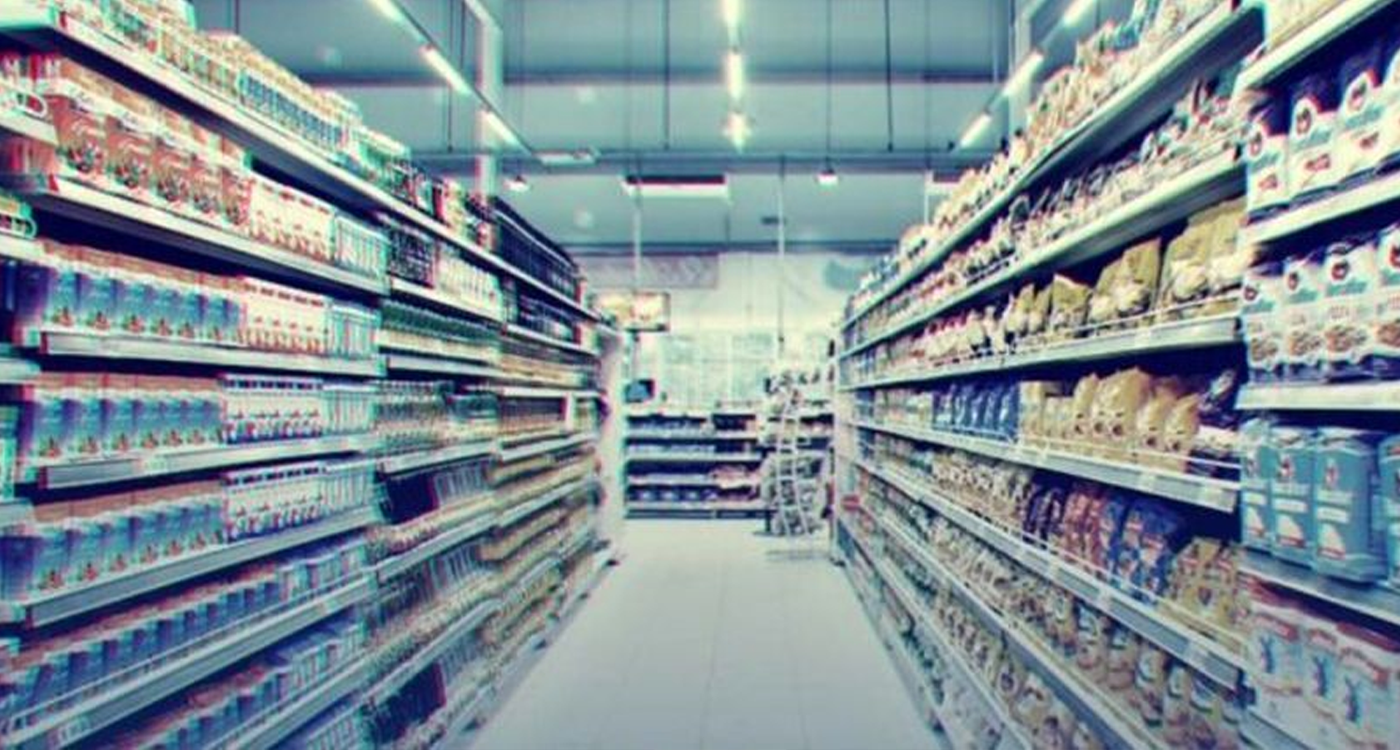
With annual inflation soaring past 15% and the Lebanese pound steadily weakening, families across Lebanon are caught between rising living costs and stagnant wages. Through creativity, community support and difficult choices, many have turned daily survival into both a challenge and a way of life.
From Beirut to Tripoli and throughout the Beqaa Valley, a common refrain echoes: “Prices have skyrocketed, it’s becoming unbearable.” “We’re facing hardship after hardship,” laments Mona, a mother of three.
According to the Central Administration of Statistics, the Consumer Price Index (CPI) rose by 0.6% in September and by 15% over the past year, showing that inflation continues to affect nearly every sector of the economy.
The cost of living has surged. Prices of basic food items have increased by 25% in a year, fruits and vegetables by 30%, while meat, now considered a luxury, is slowly disappearing from Lebanese tables. A family of four now spends between $350 and $450 per month on food, nearly double the amount spent in 2022.
Education and Healthcare: Two Growing Burdens
School fees have become another increasingly heavy burden for Lebanese families. Tuition at private schools has surged by 40 to 60% for the 2025–2026 academic year, frequently required to be paid entirely in US dollars – an expense that many households can no longer bear.
“I had to move my two children to a public school,” says Rami, who works for a local administration. “It wasn’t by choice, but I just couldn’t keep up anymore.” As a result, public schools are now overwhelmed, with fragile infrastructure struggling to handle the growing number of students.
Universities are facing a similar crisis, as tuition fees reach unprecedented levels that are now out of reach for many.
The healthcare sector paints a similar picture. Private insurance premiums have risen by an average of 30% this year, according to the Insurance Syndicate, while public health coverage remains nearly nonexistent.
As a result, many families are foregoing non-urgent treatments, increasingly relying on NGOs and charitable organizations for free medical care.
Making Do Has Become a Way of Life
Confronted with relentless inflation, Lebanese citizens have turned to resourcefulness out of necessity. Carpooling, bulk purchasing, bartering, secondhand marketplaces and community support networks have become part of everyday life. Local markets are flourishing, and informal exchange systems are increasingly substituting for cash transactions.
“The Lebanese are resilient, but their endurance has limits,” an economist told This is Beirut, noting that constant improvisation cannot substitute for effective public policy. “Without a clear macroeconomic plan, domestic consumption will continue to shrink,” he warned.
Meanwhile, families are adapting day by day in a country where the average public-sector salary barely reaches $350 a month. Survival has overtaken prosperity, yet determination remains steadfast, demonstrating that even in the face of hardship, Lebanon refuses to yield.




Comments